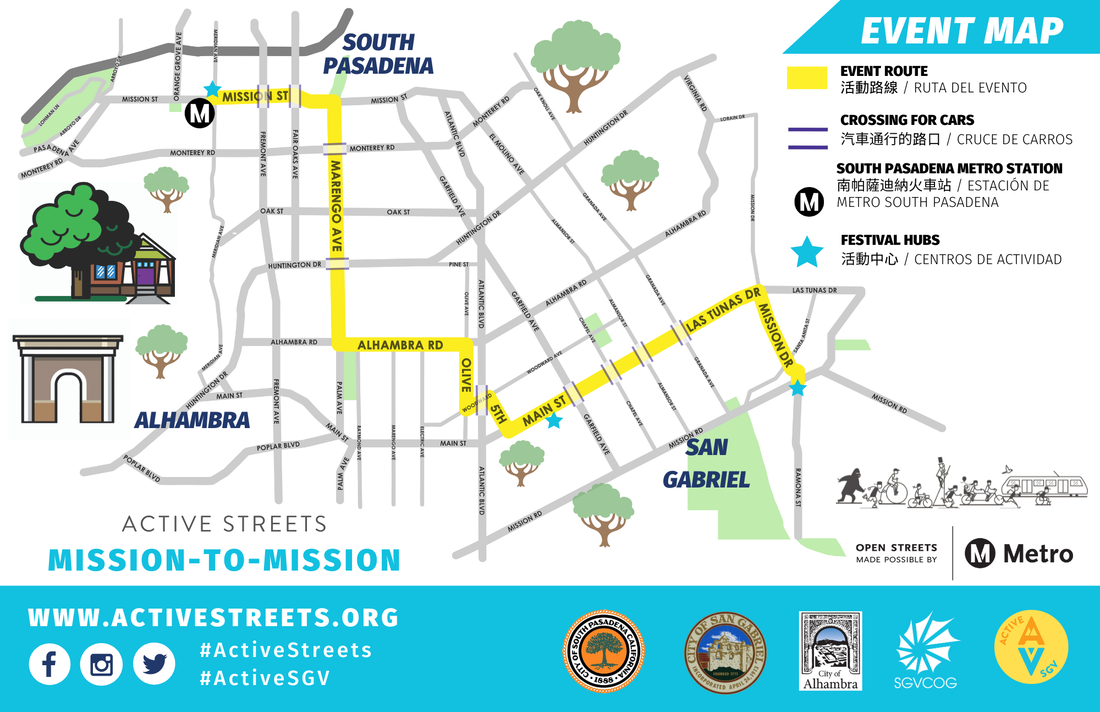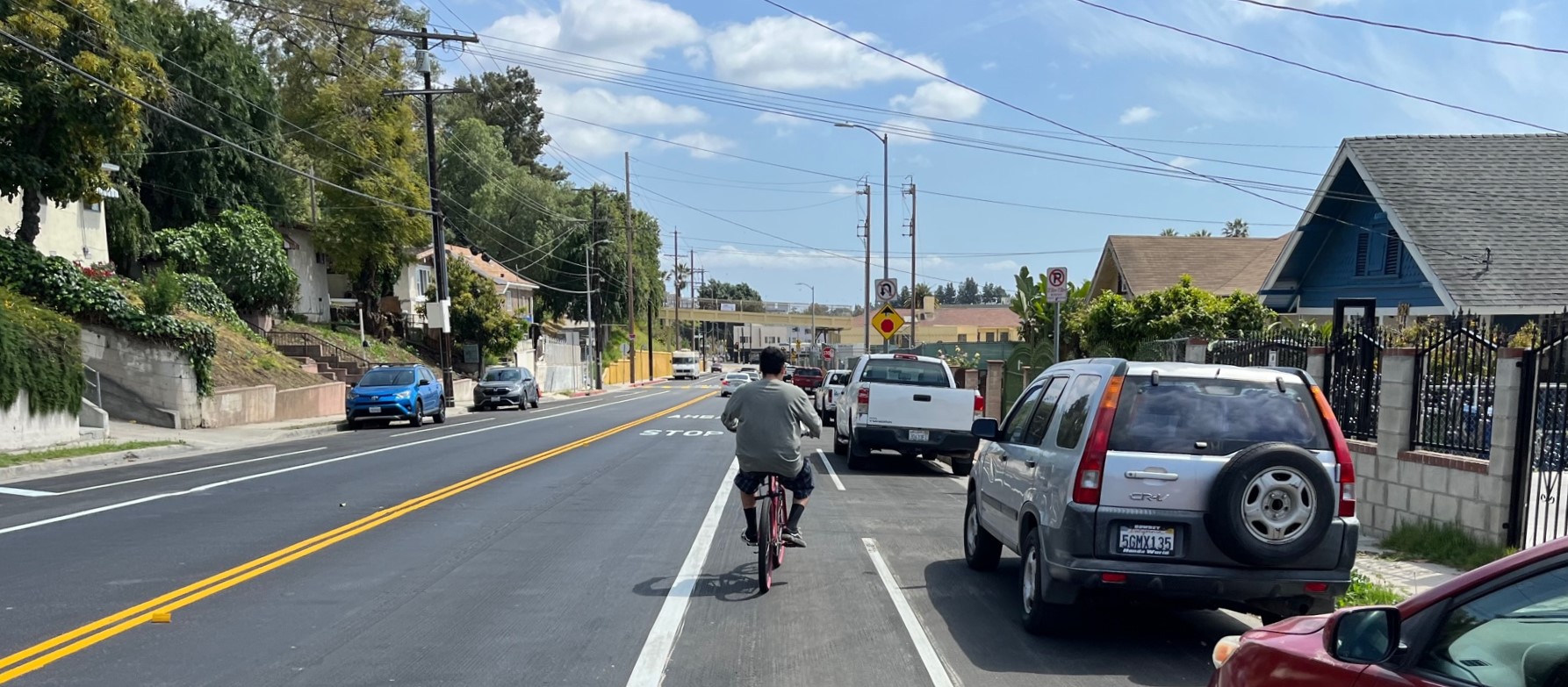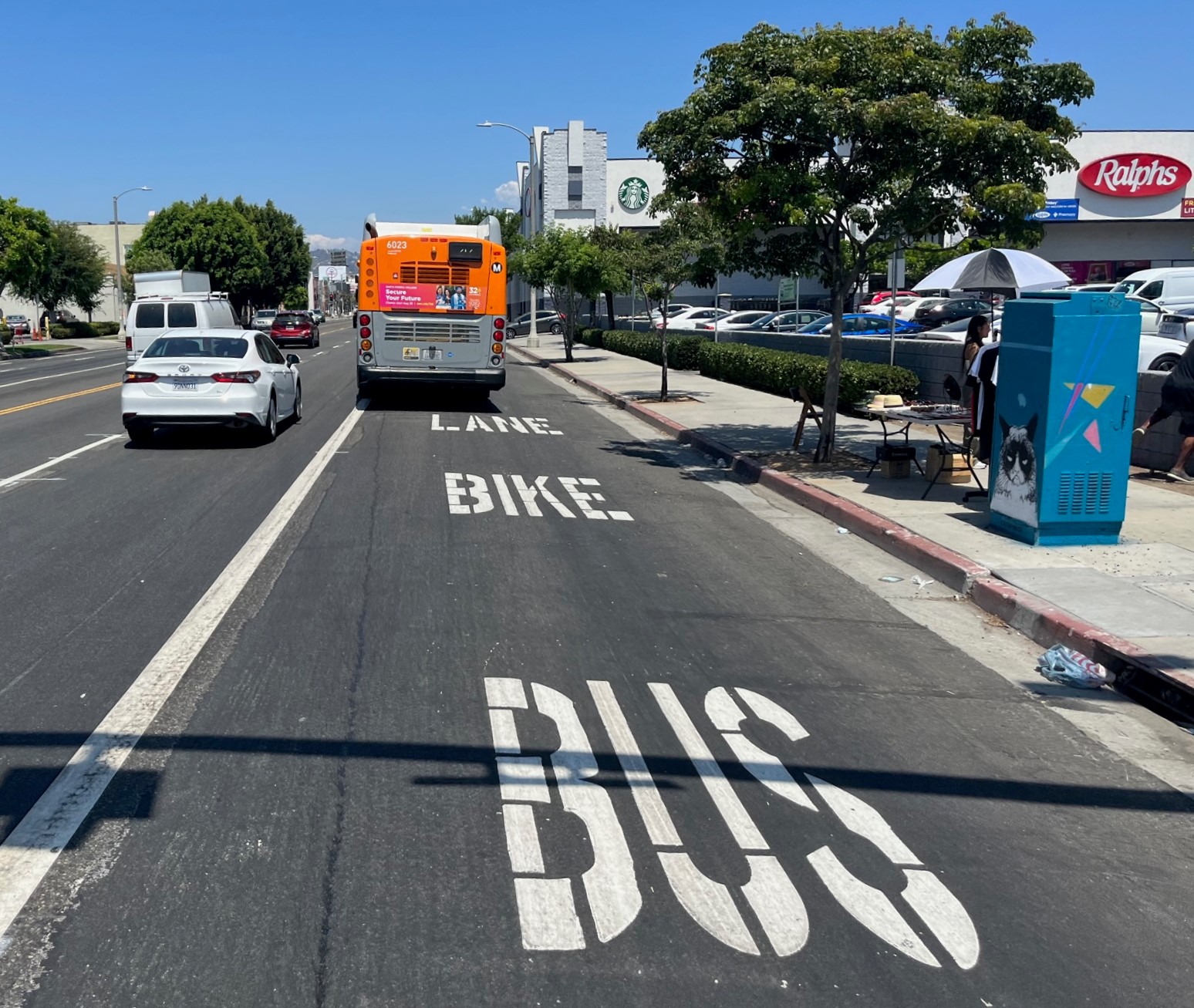 The average carbon emissions of U.S. vehicles. (Image: EPA)
The average carbon emissions of U.S. vehicles. (Image: EPA)It's a storyline that the media and the auto industry
have embraced: Higher gas prices are the magic ingredient that U.S.
carmakers need in order to sell more fuel-efficient vehicles to
consumers.
The narrative is tempting, especially for those who believe
federal gas taxes need to rise in order to fairly price the
environmental impact of driving. But if it were true, the record rise
in U.S. fuel prices that began in 2007 and lasted through 2008 might be expected to spur a notable increase in production of cleaner cars.
And that didn't happen, as the Environmental Protection Agency (EPA) reported today in a new analysis [PDF]
of carbon emissions and fuel economy trends in the U.S. auto fleet. The
average fuel-efficiency of American cars went from 20.6 miles per
gallon (mpg) in 2007 to 21.0 mpg in 2008, according to the EPA, and is
poised to rise by just 0.1 for the 2009 model year.
In real
pollution terms, that means the average American car will emit just 2
grams fewer CO2 per mile this year than it did in 2008. For Dan Becker,
a longtime environmental advocate who directs the Safe Climate
Campaign, that paltry progress is an argument for stronger, consistent
increases in the nation's fuel-efficiency and emissions standards.
Becker said in a statement:
Conventional wisdom -- and auto company
lobbyists -- maintain that high-priced gasoline is enough to improve fuel
economy. Both are wrong. Gas prices have risen each year from 2002 to 2008; industry
has failed to keep pace by improving mileage. This report demonstrates that
even when gas hit more than $4 a gallon, mileage barely improved.High gasoline prices won’t be enough to put
cleaner cars on our roads. They do not force industry to change its wasteful
and polluting ways. Strict laws do. The Obama administration must repeatedly
ratchet up mileage and tailpipe standards.
Sadly, the administration's plan to raise fuel-efficiency standards to 35.5 mpg by 2016 contains enough accounting loopholes to make Enron proud.




